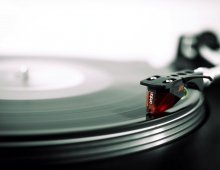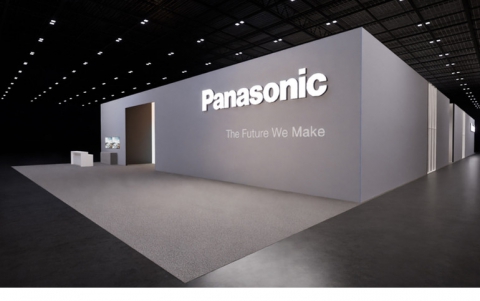
RIAA Continues College Deterrence Campaign Into 2008
The Recording Industry Association of America (RIAA), on behalf of the major record companies, recently sent a new wave of 407 pre-litigation settlement letters to 18 universities nationwide as part of an ongoing campaign against online music theft.
The letters reflect evidence of significant abuse of campus computer networks for the purpose of copyright infringement.
In the twelfth wave of this initiative, the RIAA this week sent letters in the following quantities to 18 schools including: Arizona State University (33 pre-litigation settlement letters), Bowdoin College (11), California State University, Monterey Bay (25), College of William and Mary (15), Duke University (16), Massachusetts Institute of Technology (19), Mount Holyoke College (15), Rhode Island College (22), Saint Mary's College of Minnesota (13), Stanford University (15), Texas Christian University (14), University of California, Berkeley (26), University of California, Los Angeles (26), University of Connecticut (25), University of Iowa (24), University of Nebraska-Lincoln (22), University of Texas at Austin (50), and Virginia Polytechnic Institute & State University (36).
The legal process continues to provide students the opportunity to resolve copyright infringement claims against them at a discounted rate before a formal lawsuit is filed. Each pre-litigation settlement letter informs the school of a forthcoming copyright infringement suit against one of its students or personnel. The letter requests that university administrators forward the letter to the appropriate network user to allow the individuals the opportunity to promptly resolve the matter and avoid a lawsuit.
"The record industry is partnering with a variety of innovative services to offer fans an extraordinary array of musical experiences and generate new business opportunities," said Jonathan Lamy, Senior Vice President, Communications, RIAA. "College students are among musics most tech-savvy fans. The latest legal alternatives now come bundled with fan favorites such as social networking features, music videos, and movies. The many alluring legal options currently available are free or deeply discounted and going legal means that students avoid getting in trouble with their university and the law."
"Bringing lawsuits has never been our first choice," Lamy added. "But for those who continually ignore enticing legal alternatives and plentiful warnings, its a necessary part of the equation."
A survey by Student Monitor from 2006 found that more than half of college students download music and movies illegally. According to market research firm NPD, college students alone accounted for more than 1.3 billion illegal music downloads in 2006.
In the twelfth wave of this initiative, the RIAA this week sent letters in the following quantities to 18 schools including: Arizona State University (33 pre-litigation settlement letters), Bowdoin College (11), California State University, Monterey Bay (25), College of William and Mary (15), Duke University (16), Massachusetts Institute of Technology (19), Mount Holyoke College (15), Rhode Island College (22), Saint Mary's College of Minnesota (13), Stanford University (15), Texas Christian University (14), University of California, Berkeley (26), University of California, Los Angeles (26), University of Connecticut (25), University of Iowa (24), University of Nebraska-Lincoln (22), University of Texas at Austin (50), and Virginia Polytechnic Institute & State University (36).
The legal process continues to provide students the opportunity to resolve copyright infringement claims against them at a discounted rate before a formal lawsuit is filed. Each pre-litigation settlement letter informs the school of a forthcoming copyright infringement suit against one of its students or personnel. The letter requests that university administrators forward the letter to the appropriate network user to allow the individuals the opportunity to promptly resolve the matter and avoid a lawsuit.
"The record industry is partnering with a variety of innovative services to offer fans an extraordinary array of musical experiences and generate new business opportunities," said Jonathan Lamy, Senior Vice President, Communications, RIAA. "College students are among musics most tech-savvy fans. The latest legal alternatives now come bundled with fan favorites such as social networking features, music videos, and movies. The many alluring legal options currently available are free or deeply discounted and going legal means that students avoid getting in trouble with their university and the law."
"Bringing lawsuits has never been our first choice," Lamy added. "But for those who continually ignore enticing legal alternatives and plentiful warnings, its a necessary part of the equation."
A survey by Student Monitor from 2006 found that more than half of college students download music and movies illegally. According to market research firm NPD, college students alone accounted for more than 1.3 billion illegal music downloads in 2006.





















